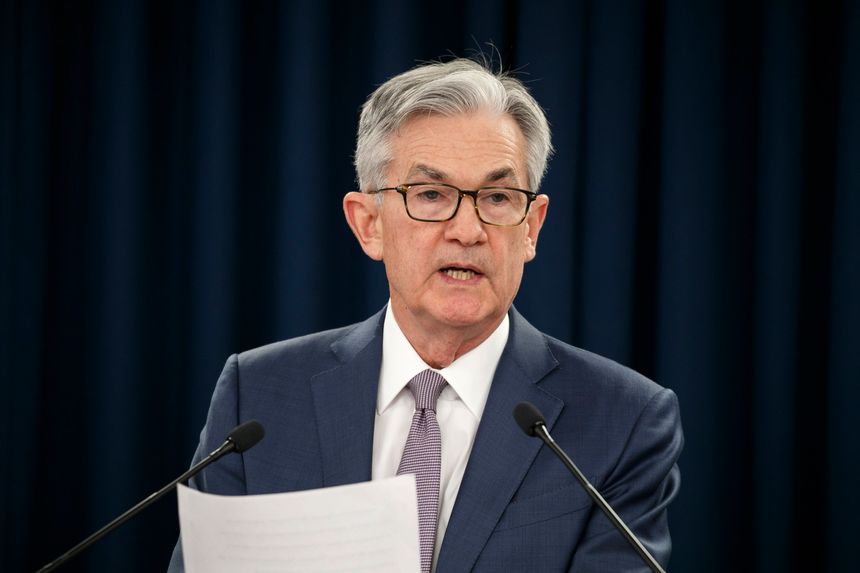Despite the gradual recovery of the US economy, a key officer of the Federal Reserve warns that the Fed’s ongoing emergency bond-buying program may be inappropriate given current constraints in the supply of basic commodities.
According to Boston Fed president Eric Rosengren, the best way for the Fed to avoid mounting debts and inflation-related issues would also be to put an immediate stop to ongoing stimulus initiatives.
“Purchasing treasury bonds and securities through mortgage lending agencies isn’t the right solution in [this crisis,]” Rosengren said in an interview. He further noted that the country is currently facing a critical shortage in terms of both materials that are essential for various industries, as well as in human resources.
As he puts it, the current situation is different from the last financial crisis in 2008. Back then, the Federal Reserve addressed a shortage of demand by lowering borrowing costs. However, this solution is not an appropriate one to consider in 2021.
“It’s not that people aren’t willing to buy goods or avail of services,” Rosengren added. “[But it’s hard] to find the labor and materials to manufacture them.” He went on to say that the Fed may have more impact on temporary price increases rather than on enabling the public to return to full employment and get inflation down to a more sustainable rate.
Making an Example of the Real Estate Industry
To illustrate the concept of an inventory shortage in comparison with a lack in demand, Rosengren presented the current situation in the housing sector. This field is currently booming, as an example.
According to Rosengren, material prices went up substantially over the past year and, given health and safety protocols, it has been difficult to hire building staff. Consequently, while interest rates have risen in the face of an increased demand for housing, it doesn’t do much in increasing employment opportunities.
The situation in the automotive sector may also be seen as an example. Over the past year, there has been an increase of over 40% in used car prices, possibly caused by the ongoing shortage in semiconductor chips throughout the world.
Rosengren also pointed out that asset pricing also needs to be considered, as investors appear to have been taking additional risks.
“The goal is not to cause [an increase] in asset prices,” he said, citing how considerably decreasing interest rates actually encourages people to consider more leverage in their transactions.
Over the past few weeks, Fed officials like Rosengren have been united by the notion that the central bank needs to scale down its asset purchases for the rest of the year, seeing how it is making progress on its goal of securing inflation at 2% and maximizing employment across the country. Additional gains on either front may enable the Fed to increase interest rates by next year.















